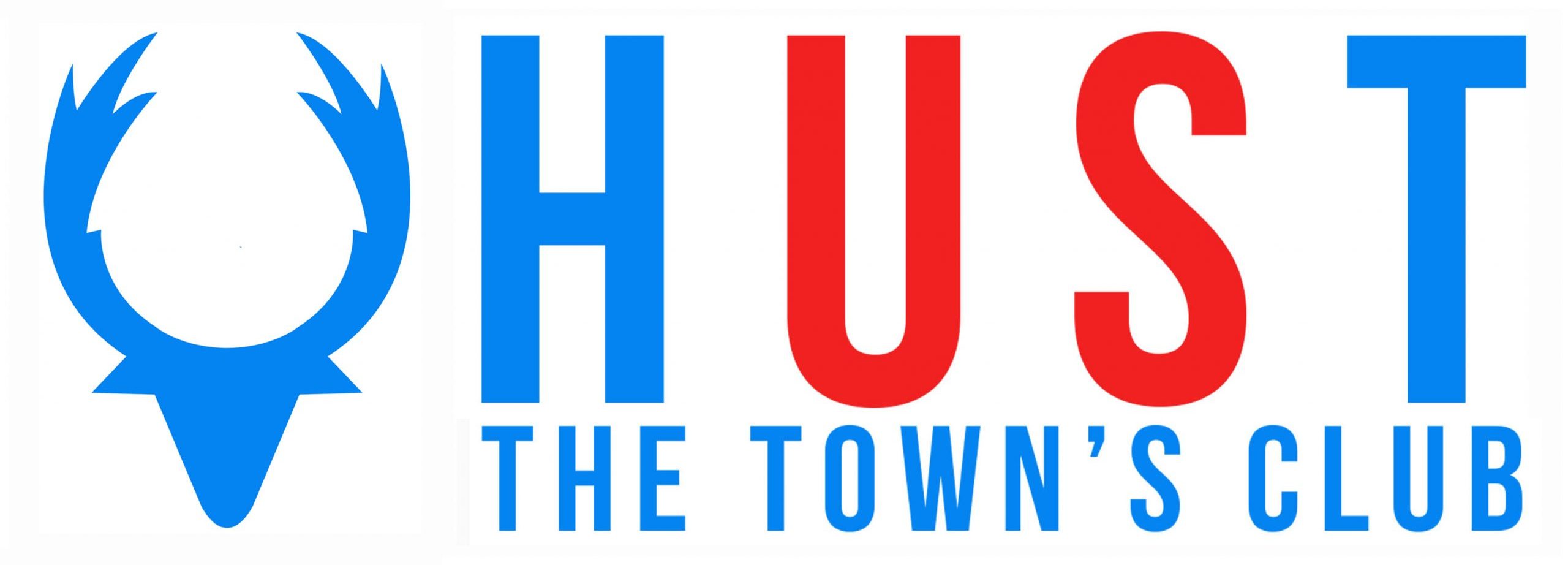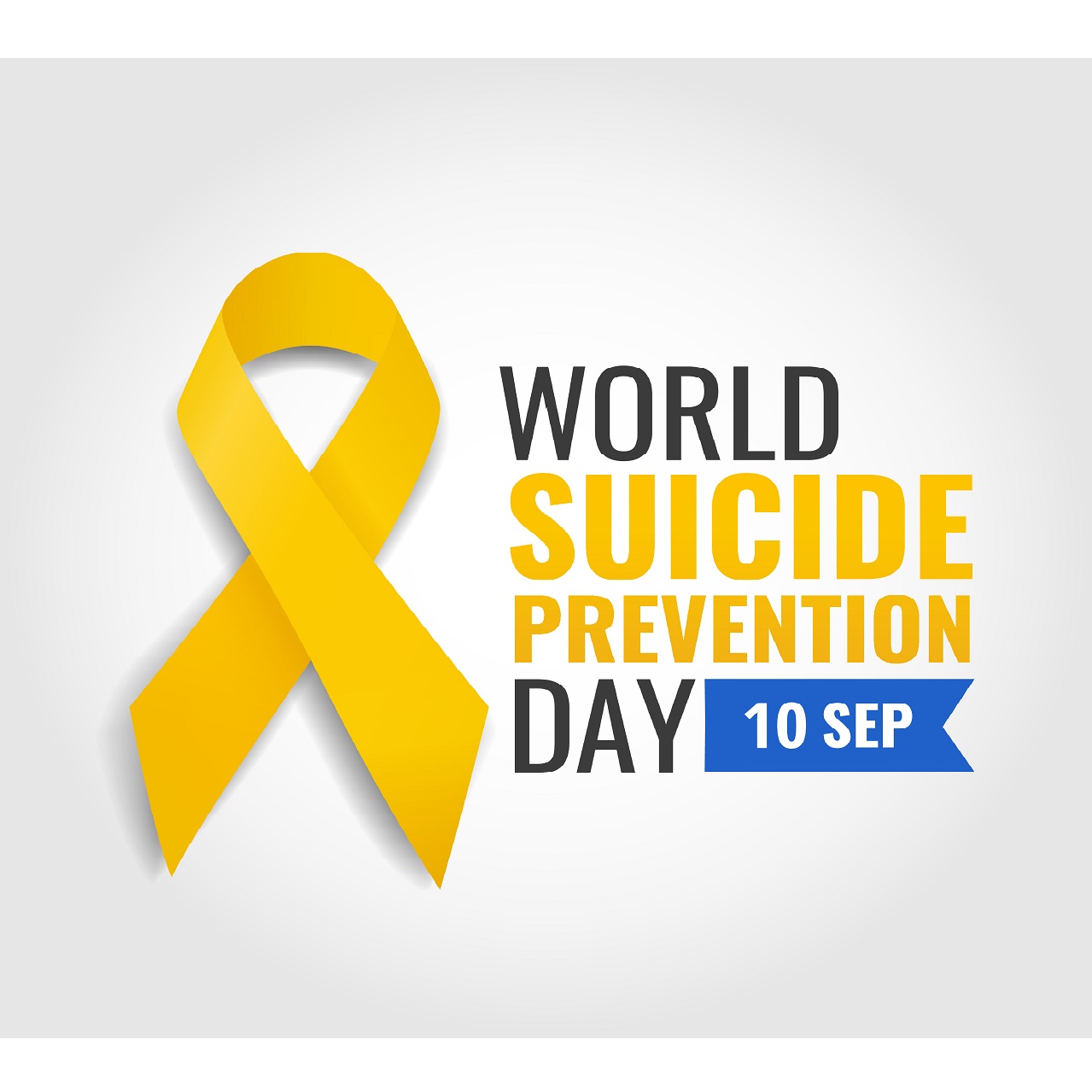Whether it’s the latest signings, the long diagonal ball or the latest XG stats, football gives us endless subjects to chat about. But how often do we rant about these things, have a pint and go to the match as an escape from the difficulties in the real world that we find too hard to talk about openly?
There are stats, not XG related, that suggest we do that a lot. One in four people experience mental health issues at some point and suicide has become the UK’s biggest killer of young men. It’s widely believed that a tendency to ‘bottle things up’ makes men very vulnerable. Again and again, we hear that there was no sign of what was coming and that the person who took their own life hadn’t given anybody any idea about how they were feeling. It’s a scary thought that, given the emphasis on ‘not being soft’ that runs through the post-industrial culture of the north-east, you can bet that those numbers are even worse in our region. Which is where Andy’s Man Club (AMC) comes in.
When Andy Roberts took his own life, in early 2016 at the age of 23, his family were shocked as they had no idea how badly he was struggling. They decided to set up a group in his memory where men over 18 could talk about their mental health with other men who would listen but wouldn’t judge because they were facing their own problems. It worked, and there are now over 100 branches around the country.
The AMC in Hartlepool was started with a clear link to the football club – Andy’s brother-in-law was a rugby league player who understood that spreading the word through sport might be a way to reach people who were most affected by the need to appear manly at all times. He approached lots of professional clubs and ours responded positively. Chris Stuttard, Pools’ Club Chaplain, recalls taking on a task that ended up meaning more than he ever anticipated:
“To be honest I kind of got the short straw, it was a case of, ‘we support this and it’s up your street so give it a try’. So I did, and we soon had meetings going in the Centenary Lounge. I thought I was doing it to help others but as I listened to people talking openly about their struggles I started to realise that a lot of my problems in life might be down to mental health issues. Eventually, it dawned on me that I’d been suffering from depression for 20 years and I started to find the help that I needed. Doing that didn’t make life perfect overnight but I’m sure all of my relationships have improved, I’m a better person for my wife and kids and I feel happier more of the time. It’s weird to think that just talking in a semi-structured group, chatting about a few questions while you have a cup of tea and a biscuit, can have such a big impact but it did for me and I’ve seen it help lots of other men too.”
One of them is Richard Byatt who was a senior manager in the automotive industry when his body suddenly told him to stop:
“With hindsight I’d call it a breakdown but at the time it just made no sense, I was a hard-working problem solver who suddenly couldn’t solve anything. Work were supportive but I just spiralled downwards fast and I was certainly suicidal for several weeks. The thought of my family and how they’d be after I’d gone kept me going but I knew I urgently needed help. It was hard to find though, the NHS had long waiting lists, so trying AMC was really a case of any port in a storm, I didn’t know much about but it seemed worth a try. Once I was in there it became clear that nobody was going to try to fix me, they’d all just ended up in a storm too. Now they were in the same safe haven as me and we were all sharing thoughts and ideas and how we felt about life. There was no professional giving me advice, just people who understood how I felt and were happy to listen. I’m in no doubt that AMC helped to save my life. There are lots of other factors too but it was important. I still go because I don’t think you can just say, ‘Great, I’m better now’, it’s a bit like losing loads of weight on a diet – if you go back to what you ate before you put the weight back on. I don’t want to go back to what made me unwell so I keep that feeling of being connected that the club gives me.”
Talking to people like Chris and Richard made HUST realise that doing what we can to raise Andy’s Man Club’s profile on World Suicide Prevention Day might help some of our fellow supporters to get what they need at a hard time in life. We’ve also donated some tickets to AMC as part of our Community Ticket Initiative and are delighted that Pools decided to do the same.
Hopefully, everybody enjoys the next match and anybody who is suffering gets some welcome distraction. But if you do feel you need to talk about more than how the match went, what our best formation might be and, with any luck, that winning goal, remember that AMC is there for you:
The Annexe, Wharton Terrace, Hartlepool, every Monday at 7pm.
Horden Community Welfare Park, every Monday at 7pm.

